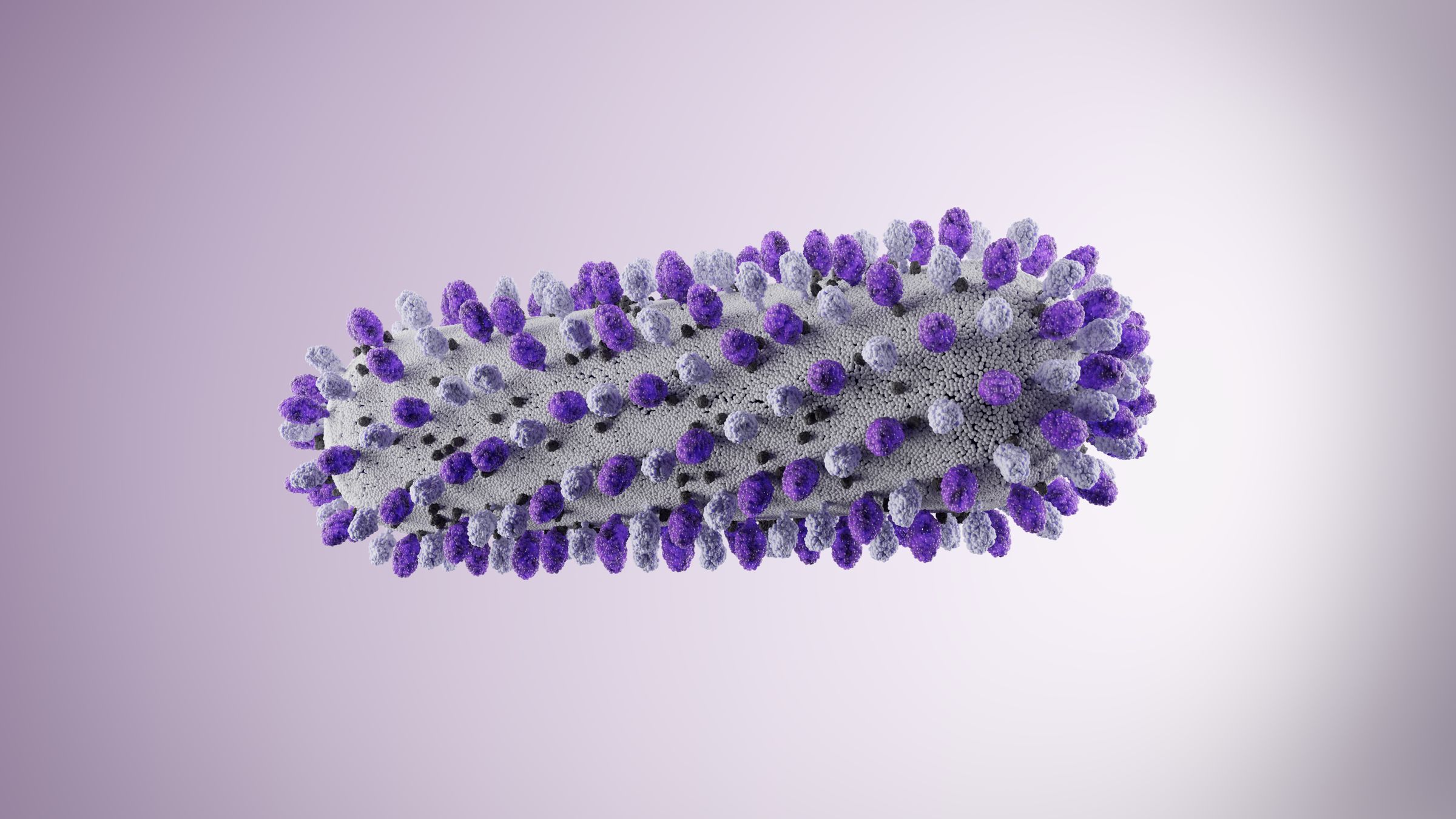Respiratory Syncytial Virus is a common and highly severe virus that affects the lungs and airways of infants and children under five. While RSV may begin with mild symptoms like a runny nose or low-grade fever1, it can rapidly progress to serious complications such as bronchiolitis or pneumonia, particularly in newborns and infants with underdeveloped immune systems and narrower airways.
Each year, RSV leads to an estimated 3.6 million infections globally among children under five, with approximately 100,000 deaths2. Even healthy, full-term babies can face complications, and in some cases, require intensive medical care3.
Severe RSV infections4 in the first year of life have been linked to increased risk of recurrent wheezing, asthma, ear infections, and reduced lung function well into adolescence. Infants are especially vulnerable because their immune systems are still developing, and their smaller airways are more easily blocked by inflammation caused by the virus.
In India, RSV5 cases spike during the monsoon and early winter, but the virus can circulate throughout the year.
Immunization against RSV is available in India in the form of monoclonal antibodies.
- https://www.cdc.gov/rsv/about/index.html
- https://www.who.int/news-room/fact-sheets/detail/respiratory-syncytial-virus-(rsv)
- https://pmc.ncbi.nlm.nih.gov/articles/PMC9721445/
- https://respiratory-therapy.com/disorders-diseases/chronic-pulmonary-disorders/asthma/rsv-infection-first-year-life-tied-higher-risk-asthma/
- https://pmc.ncbi.nlm.nih.gov/articles/PMC8264742/
